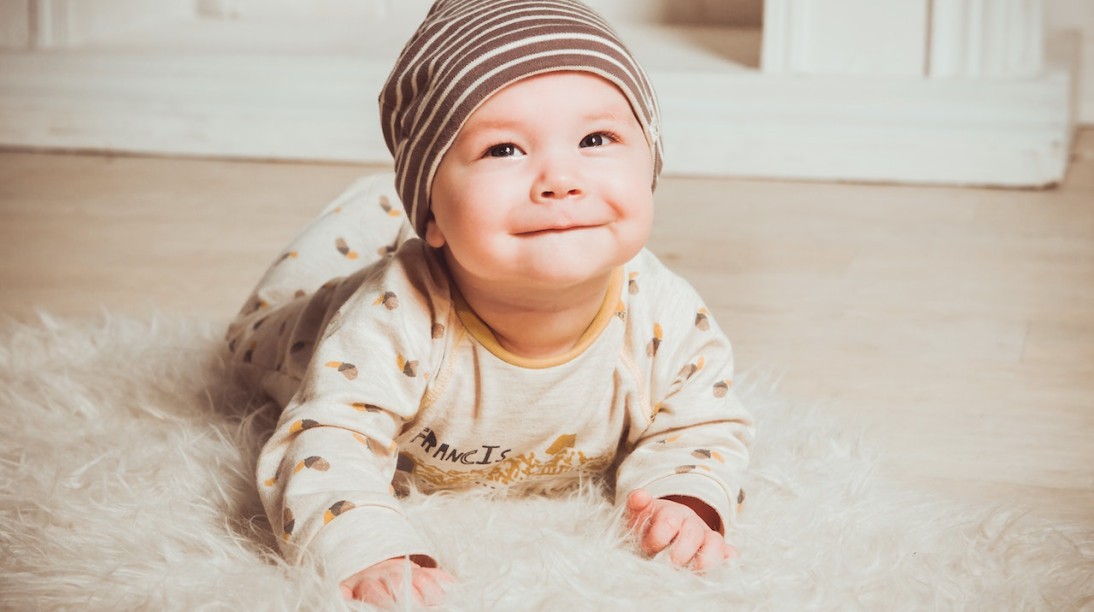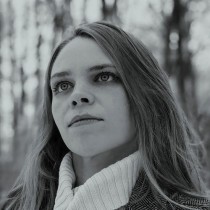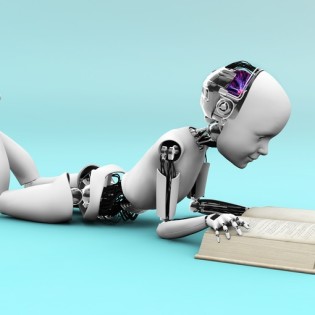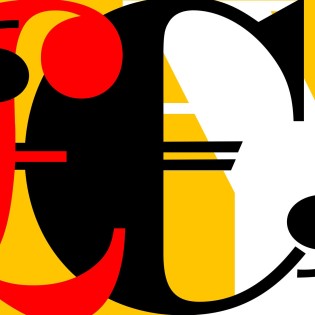Baby talk that's far from childish

Why does the word mama exist in so many languages?
Here’s a word: mama.
And here’s a question: what language does it come from?
Did you answer English? Chinese? Italian? Swahili? Norwegian? The Native American language Koasati? All of these are correct (or close enough – some are technically spelled with an extra m but who’s counting).
OK, so that was sort of a trick question. Here’s another to make up for it: what does the word mean?
Yep, that’s right. Mom. Mum. Mother. (No points for getting it correct, by the way. Sorry.)
But wait, why is it so obvious? How do all these otherwise unrelated languages have this in common? Did they all come up with it independently? Is it a fluke?
Working backwards, the answer to the final question is no and the answer to the second to last, believe it or not, is yes.
As for the first two: well, it has to do with human anatomy.
The sounds we’re able to make – aka phonemes, the building blocks of language – are a function of the way our mouths are formed. It’s easier to make some of these sounds, or phonemes, than others. Naturally, the easiest sounds are the ones babies start with.
Specifically, they start with the vowel sound ah because it requires no contortion of the tongue or lips; it’s just what comes out when you open your mouth and make a noise.
As they continue their experimentation, babies are likely to try closing their lips – which they’re used to doing when nursing – while continuing to vocalise. This creates an mmm sound.
Put together, this will sound like ma. And when it’s repeated – because babies are unlikely to stop doing something once they learn they can – mama. Et voilà.
But wait, what about the universal meaning that crosses language barriers worldwide?
Well, now it’s the adults’ turn. Babies don’t mean anything in particular when they “say” mama, but the adults around them nonetheless imbue their utterance with meaning. They take the babies’ words as an address. And given that the the person most likely being addressed is the primary caregiver – historically usually the mother – mama now means mother.
What about dad(a), or papa, or baba? As you can probably guess, these words for father aren’t random either. After babies master the mmm, they’re likely to move on to p, b and the slightly more complicated d. Then the adults do their thing and assign these new words to the next caregiver in line.
As ever, humans try to attribute a pattern to random happenings. On this occasion they may be right to do so. Those infant utterings and the parental response – after all, what could be more important than communicating with your newborn? – are probably one of the origins of language.





